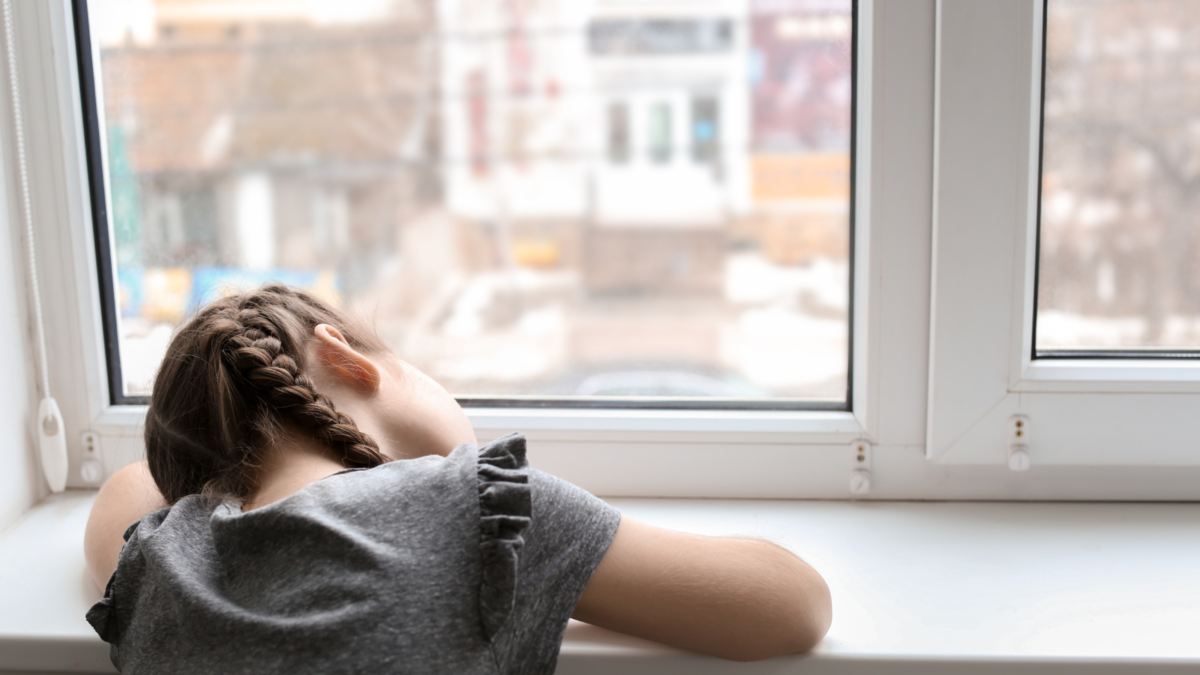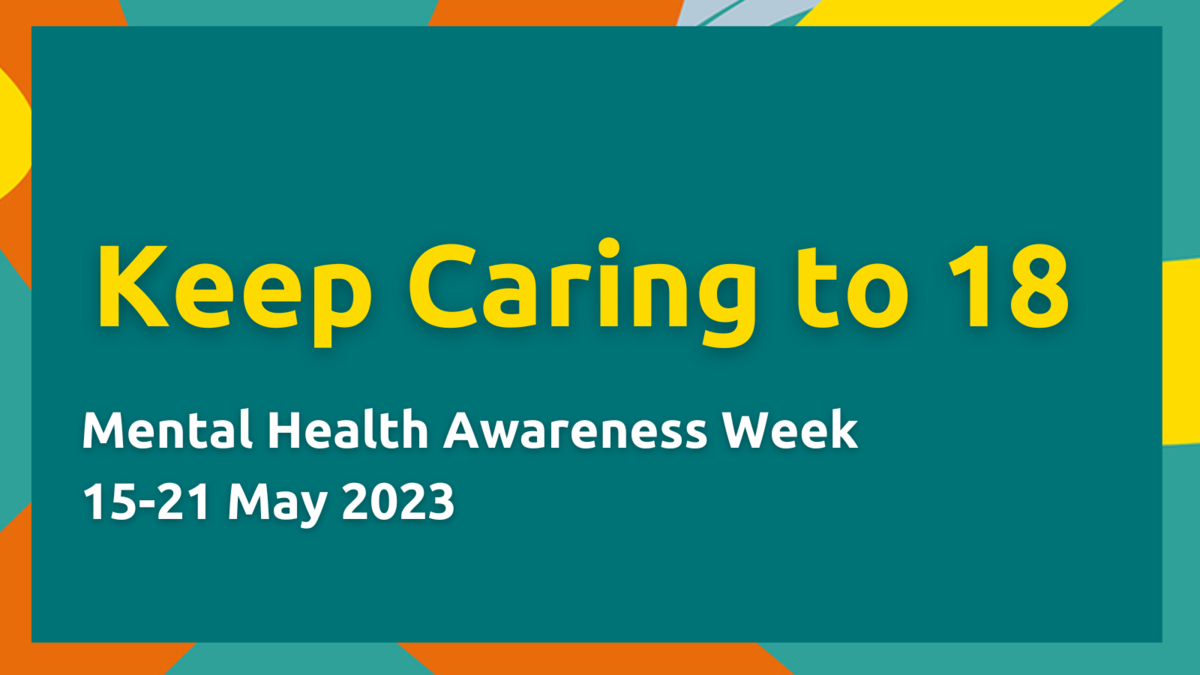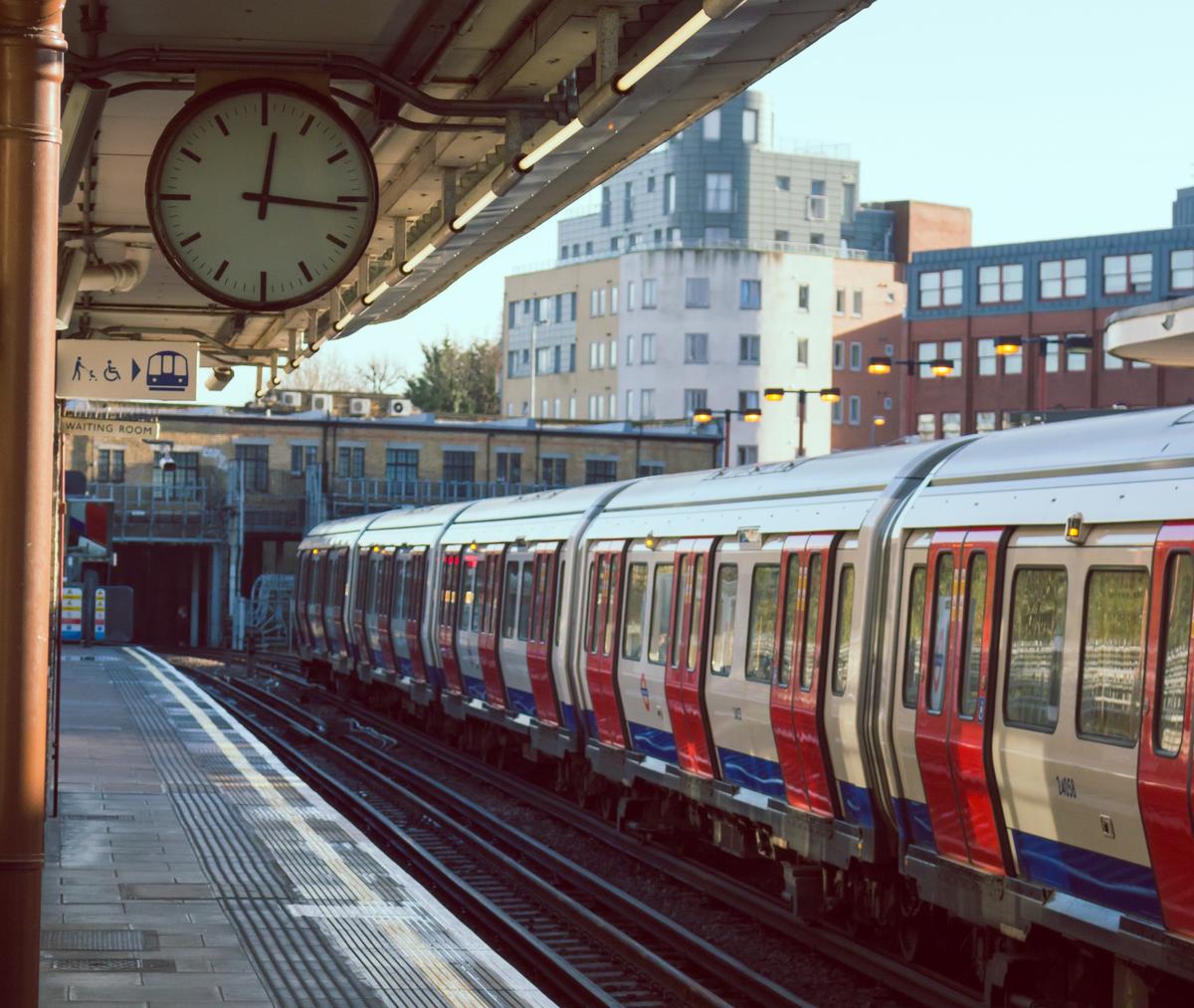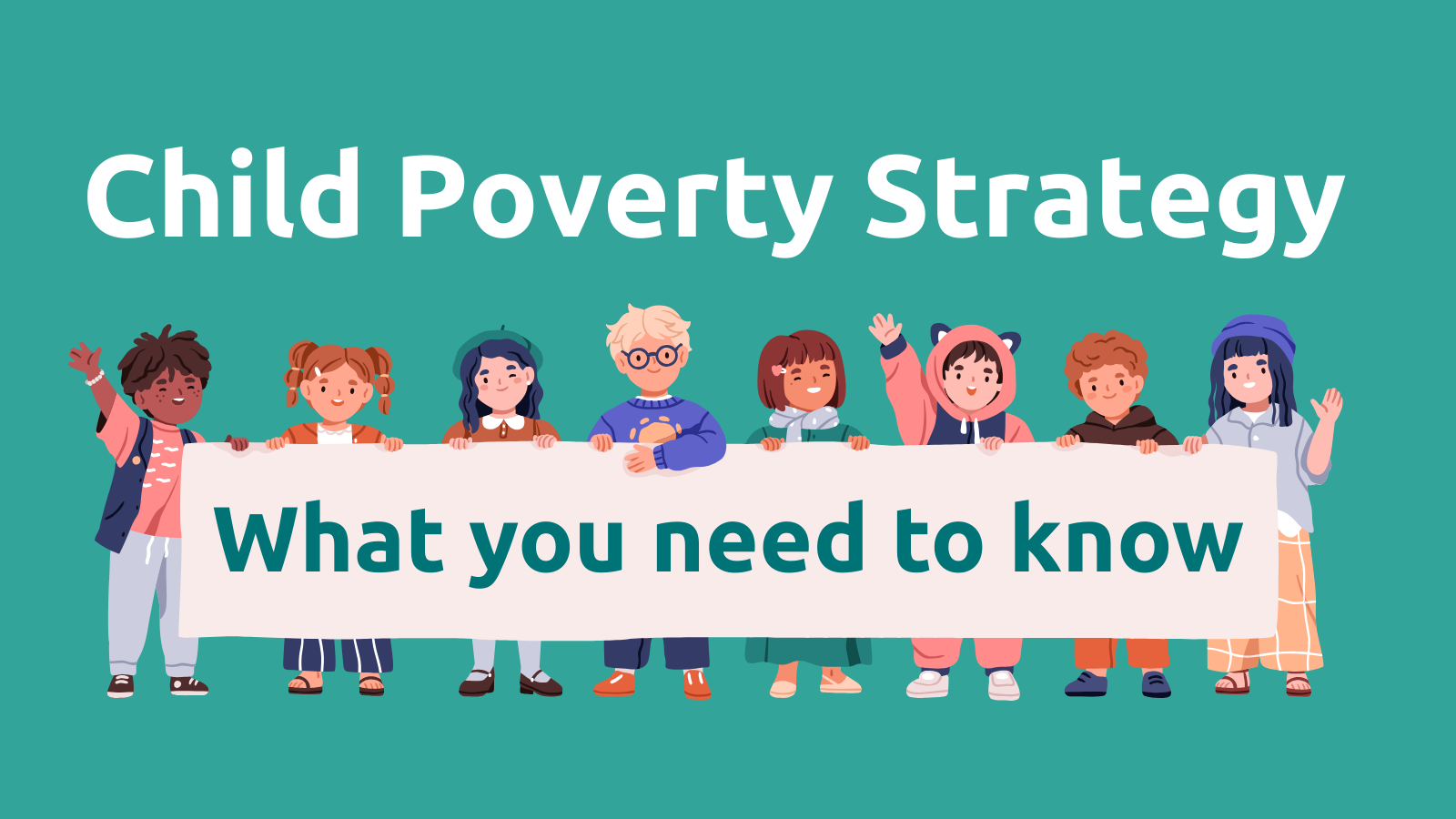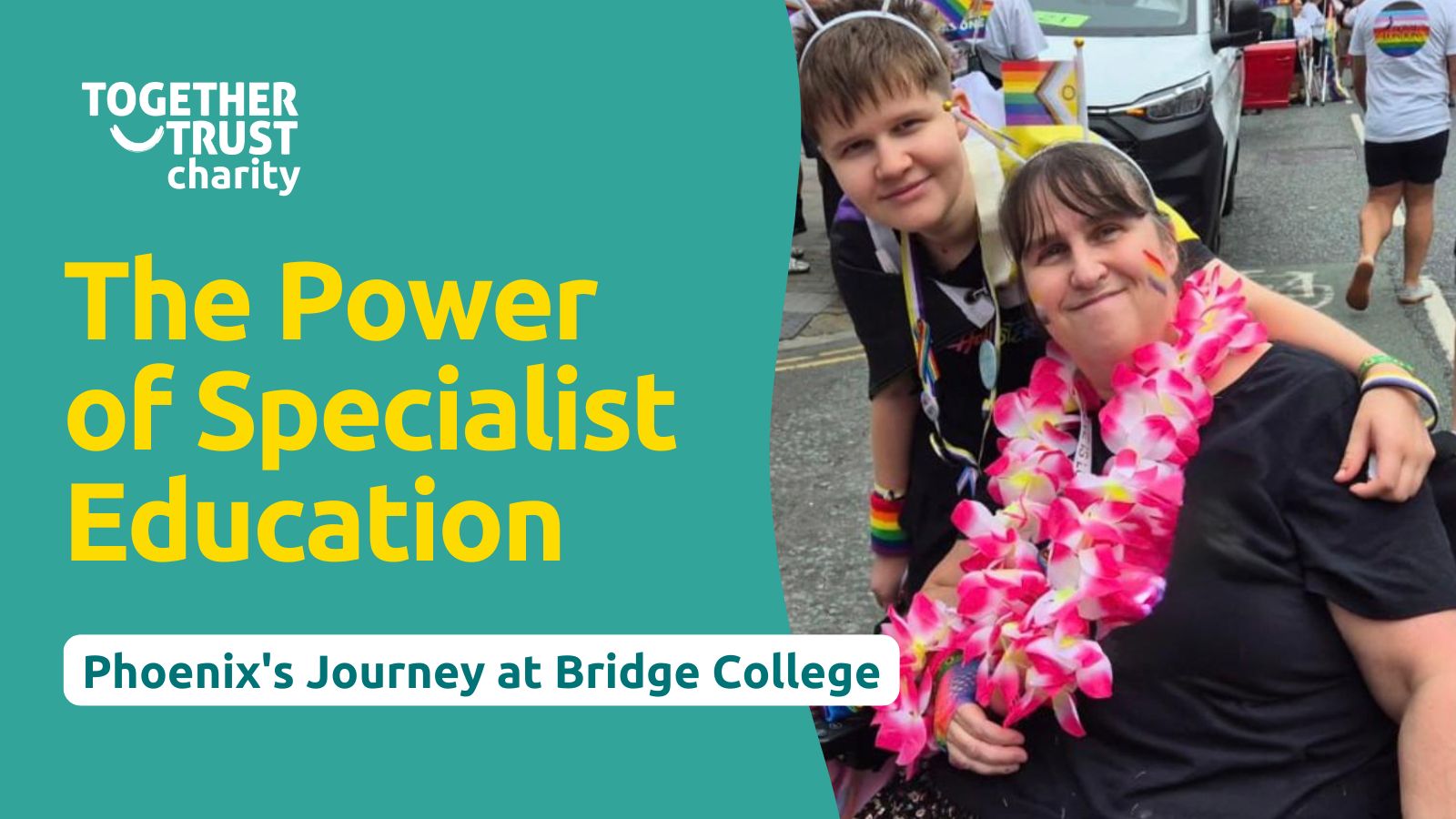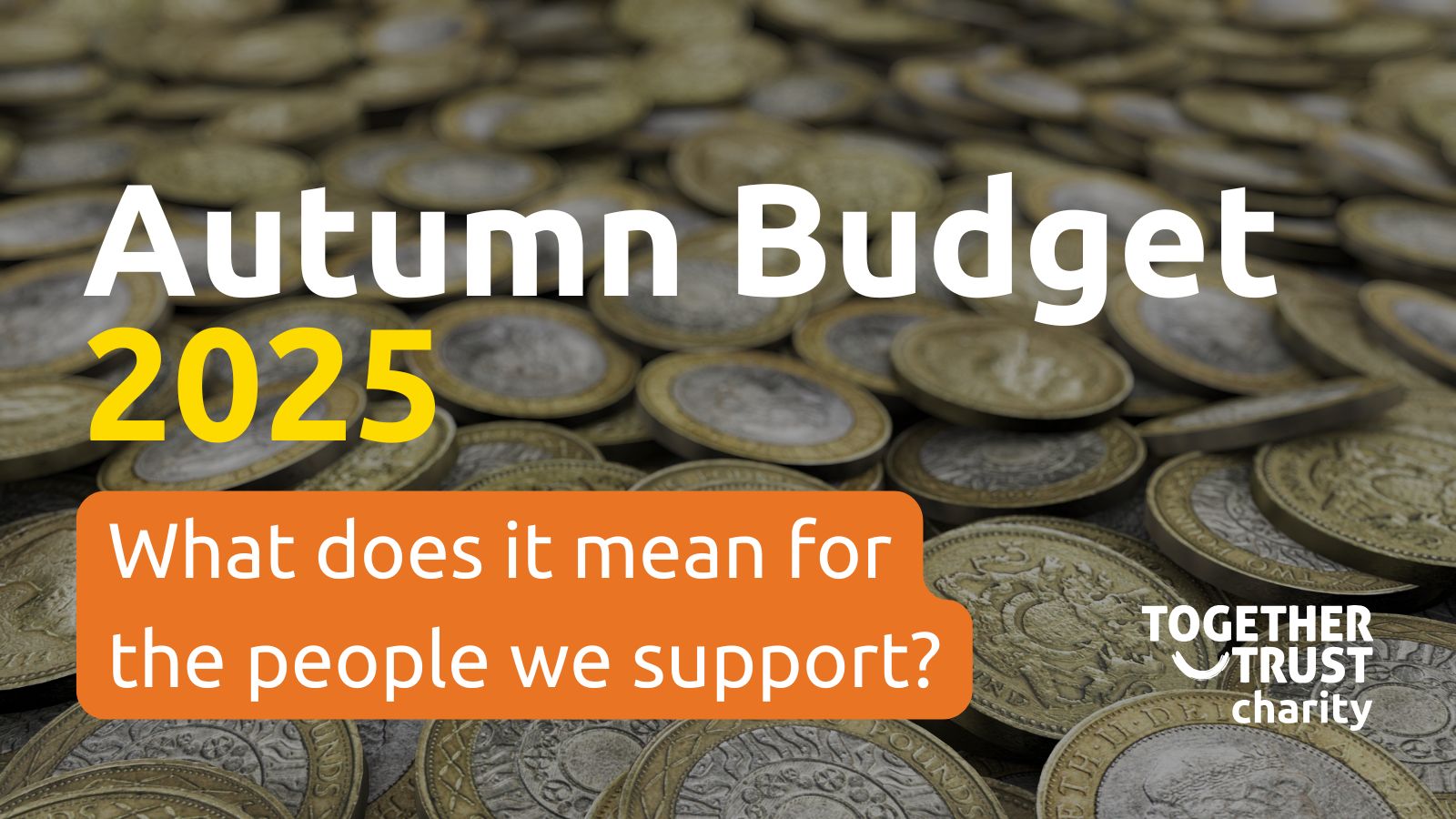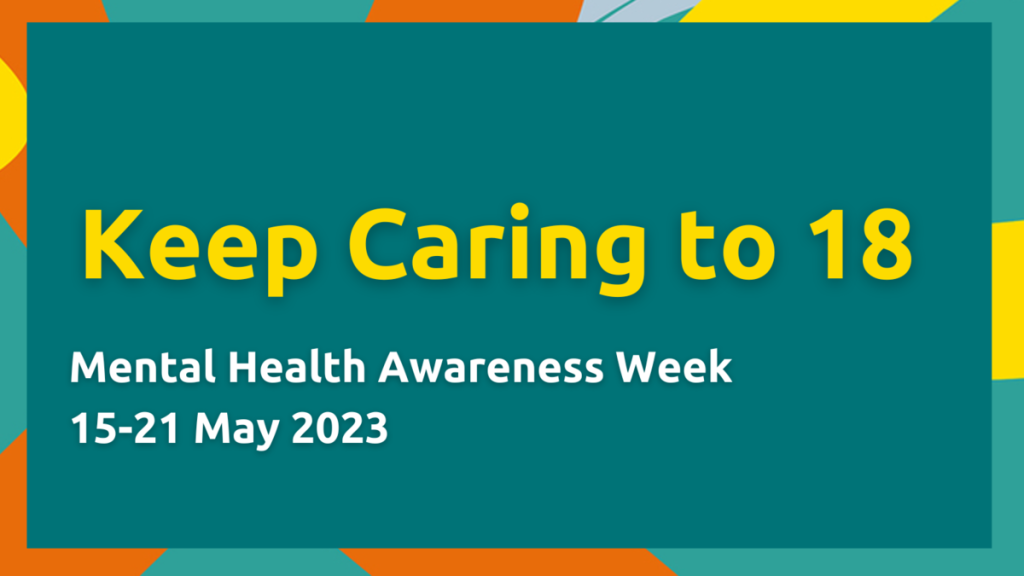
Each year, 1 in 4 children entering the care system are aged 16 or 17.
The majority have experienced either neglect or abuse in their home. Early adolescence is a period of psychological and social development; children need love and care to help them navigate this period.
25.7% of children and young people aged 17-19 have a probable mental health disorder (Olly Parker, Young Minds)
Children’s needs change over time depending on the challenges that they are exposed to and the stage they are at in their development. As their needs fluctuate, it is vital that they are in settings that would legally allow for staff to provide care as it is needed.
Unregulated children’s homes
- Most young people living in unregulated accommodation are aged 16 or 17.
- More than half of children (52%) have SEND or social, emotional and mental health needs (former Children’s Commissioner for England).
- Children receive ‘support’ instead of the full service of ‘care’ in these settings. Such settings usually consist of apartment blocks but can also include caravans, tents, and even barges.
- There is less overall oversight than in regulated children’s homes. This results a lot of times in not having their needs met, and becoming isolated without a support network around (NYAS, 2023).
Timeline of changes
2019 – Evidence by BBC Newsnight revealed concerns that unregulated provision is not always safe or good enough for children.
2021 – The government banned unregulated accommodation for children in care aged 15 and under. Without justification, the ban has not been extended to 16 and 17 year olds.
The government is using the term ‘supported accommodation’ for what was previously known as ‘unregulated children’s homes’.
Autumn 2021 – It will be mandatory for unregulated children’s homes to be registered with Ofsted

Our concerns
- Mental health services do not identify children’s needs quickly or effectively enough.
- There will be children living in supported accommodation who have a mental health issue but are flying under the radar because of the lack of early intervention.
Children’s homes guidance vs. Supported accommodation
Children’s homes guidance states that staff should ensure that children have ‘immediate access to any specialist medical, psychological or psychiatric support required’ and that they should challenge the child’s placing authority if support isn’t available (2023)
Given how vulnerable we know some children in supported accommodation settings can be, it is vital that this same sense of urgency around children’s mental health needs is reflected in the guidance and regulations.
If children are displaying a high level of mental health need, their placement in supported accommodation should be reviewed.
Our policy positions: Mental Health
- Mental health and wellbeing to form the centre of all central government policies and initiatives.
- Mental health support assessments must happen early to minimise escalation of needs
- There is a need to develop a mental health strategy for children in care and care. experienced people, and to create dedicated services for care experienced people.
- Implementing policy designed to alleviate risk factors for poor mental health.
How can you get involved?
- You can read about what we are calling for in relation to Keep Caring to 18 here.
- Sign up for the Together Trust’s campaigning updates for recent news, stories, and opportunities to get involved.
This is part of a four-blog series for Mental Health Awareness Week. Read Styliana’s other blogs below.


